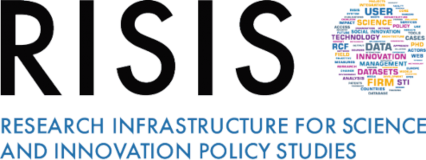RISIS is entering a new phase, consolidating its work into an association. This transition poses challenges: the creation of a sustainable organizational frame opens opportunities for continued collaboration, strategic intelligence development, and policy influence in the European research infrastructure landscape.
As RISIS evolves into an association, the challenges and opportunities have been outlined by Emanuela Reale, Benedetto Lepori and Matthias Weber, during the RISIS International Conference held in Vienna last November.
Emanuela Reale delves into the challenge of overcoming fragmentation in a vital field spread across various entities. “The opportunities are a lot because we have the possibility to build a new aggregator of different organizations that could become in the long term a final reference for several policymakers not only at national but also at European level”, Reale stated. She stressed the need for collaboration, with data acting as a unifying force, fostering a collective effort toward shared resources. The emphasis shifts from individual organizational interests to a broader, more comprehensive perspective aligned with societal needs and policy goals.
Benedetto Lepori underlined the crucial role of microdata standardization in evidence-based research. The creation of indicators became essential for public research organizations, universities, and firms, providing synthetic answers to complex questions, and this represents the add value of RISIS. RISIS in the past years contributed to the creation of a new generation of datasets and indicators. The organizational registers enable a harmonized view of Research and Innovation activities, combining data from diverse sources.
Philippe Laredo, RISIS project coordinator illustrated the challenges faced in transforming fragmented datasets into harmonized infrastructures. The pivotal milestones include converting exploratory datasets into professional, harmonized ones and subsequently establishing an infrastructure that transcends individual datasets, fostering collaboration and knowledge integration. With the establishment of the RISIS core facility, a user-friendly interface facilitates comprehensive access for scientific users.
Matthias Weber underscored its commitment to shaping the future of Research and Innovation on a more permanent and impactful basis. The journey undertaken over the last decade forms the foundation for a dynamic and collaborative future in the framework of European research infrastructures. “This will bring with it a number of challenges of course in terms of also setting up the organizational structures the governance structures for such an Association that will be playing on this field of research infrastructures in Europe”, stated Weber. “We will also connect with other research infrastructures and collaborate with those and it is at the same time a very big opportunity for us to consolidate and establish a more sustainable and long-term bases for the work that we’ve started as a European research project over the past years and now really turn into a permanent infrastructure that the organizations and also the kind of users can rely upon for the coming years”, he added.
As RISIS contemplates its future, key challenges and opportunities come to the forefront. The impending shift towards association status introduces a distributed model, relying on the engagement of members for continued success. The challenge lies in maintaining the organizational framework while fostering flexibility for future collaborations. The formation of the RISIS Association not only consolidates a decade of work but also presents a unique opportunity to become a permanent fixture in the European research infrastructure landscape.
In conclusion, RISIS’s journey, the transformation into an association signifies not just an organizational shift but a commitment to sustained collaboration, innovation, and the pursuit of knowledge for years to come. RISIS, with its rich history and forward-looking vision, will act an important role in the future of research and innovation studies on a European scale.




